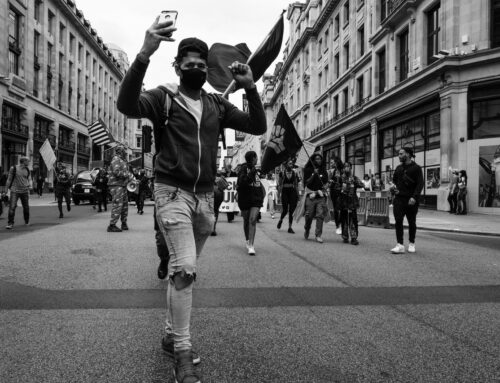The Police, the Serious Fraud Office and Crown Prosecution Service will be busy, in the not too distant future, looking at frauds which have been carried out by businesses and individuals during the COVID-19 pandemic. Regulators too, are likely to be the recipients of complaints about regulated business (finance, legal, medical, care etc) who have breached rules.
Whilst the Police and CPS are stretched in terms of budget and resources, the SFO, which deals with larger and more complex cases is in a far stronger position and will have its sights set on serious frauds. In due course though, when the Courts clear their backlog and the CPS is able to catch up, and the police are not all at the front line, time will be found to look at instances of smaller, but still significant frauds too.
There have been numerous opportunities to commit fraud. For too many directors the temptation of meeting staff salaries through furlough payments, even though the staff were still working, was too much. Others have inflated figures to secure larger Government backed loans. Experience tells us that where public money is made available with little by way of checks and scrutiny, some may be tempted to take advantage. Fraud offences are always serious and often attract lengthy prison terms, and it is, therefore, essential that we look at all cases individually.
Along the way, given the turmoil caused by the pandemic, and the anxieties associated with keeping businesses afloat, innocent mistakes may be made. Criminal defence lawyers need to keep this point at the forefront of their minds when approaching cases of this type, it is all too easy to judge with the benefit of hindsight when what is necessary is to consider what was happening at the time monies were obtained.
The primary offences likely to be charged fall under sections 2 and 3 of the Fraud Act 2006. Both of these offences require there to have been dishonesty. A mere mistake is not enough.
In Barton and another [2020] EWCA Crim 575, the court of appeal confirmed that the test for dishonesty is that set out by the Supreme Court in Ivey v Genting Casinos UK Ltd (trading as Crockfords Club) [2017] UKSC 67; [2018] 1 Cr. App. R. 12.
The test for dishonesty can now be expressed in these terms:
‘When dishonesty is in question the fact-finding tribunal must first ascertain (subjectively) the actual state of the individual’s knowledge or belief as to the facts. The reasonableness or otherwise of his belief is a matter of evidence (often in practice determinative) going to whether he held the belief, but it is not an additional requirement that his belief must be reasonable; the question is whether it is genuinely held. When once his actual state of mind as to knowledge or belief as to facts is established, the question whether his conduct was dishonest is to be determined by the factfinder by applying the (objective) standards of ordinary decent people. There is no requirement that the defendant must appreciate that what he has done is, by those standards, dishonest.’
What is often not understood in the context of false representations (section 2 Fraud Act 2006) is that the definition of “false” incorporates the requirement that the person making the representation knows that the representation is, or might be, untrue or misleading. It is the defendant’s actual knowledge that matters, not what he ought to have known, or what a reasonable person would have known; but a person who wilfully shuts his eyes to obvious doubts as to the genuineness of a representation that he is making knows that it might be untrue or misleading.
The question of whether the defendant knew that the representation was or might be untrue or misleading is separate from the additional and essential requirement that the false representation is made dishonestly.
[Image credit: “Six arrested in suspected £4m tax fraud investigation” by HM Revenue & Customs is licensed under CC BY 2.0]Contact Us
Related Blogs
Registered Office : Queen’s Chambers, 5 John Dalton St, Manchester M2 6ET | Authorised and Regulated by the Solicitors’ Regulation Authority | 3D Solicitors Ltd : Company Number 10553315 SRA Number 636106

